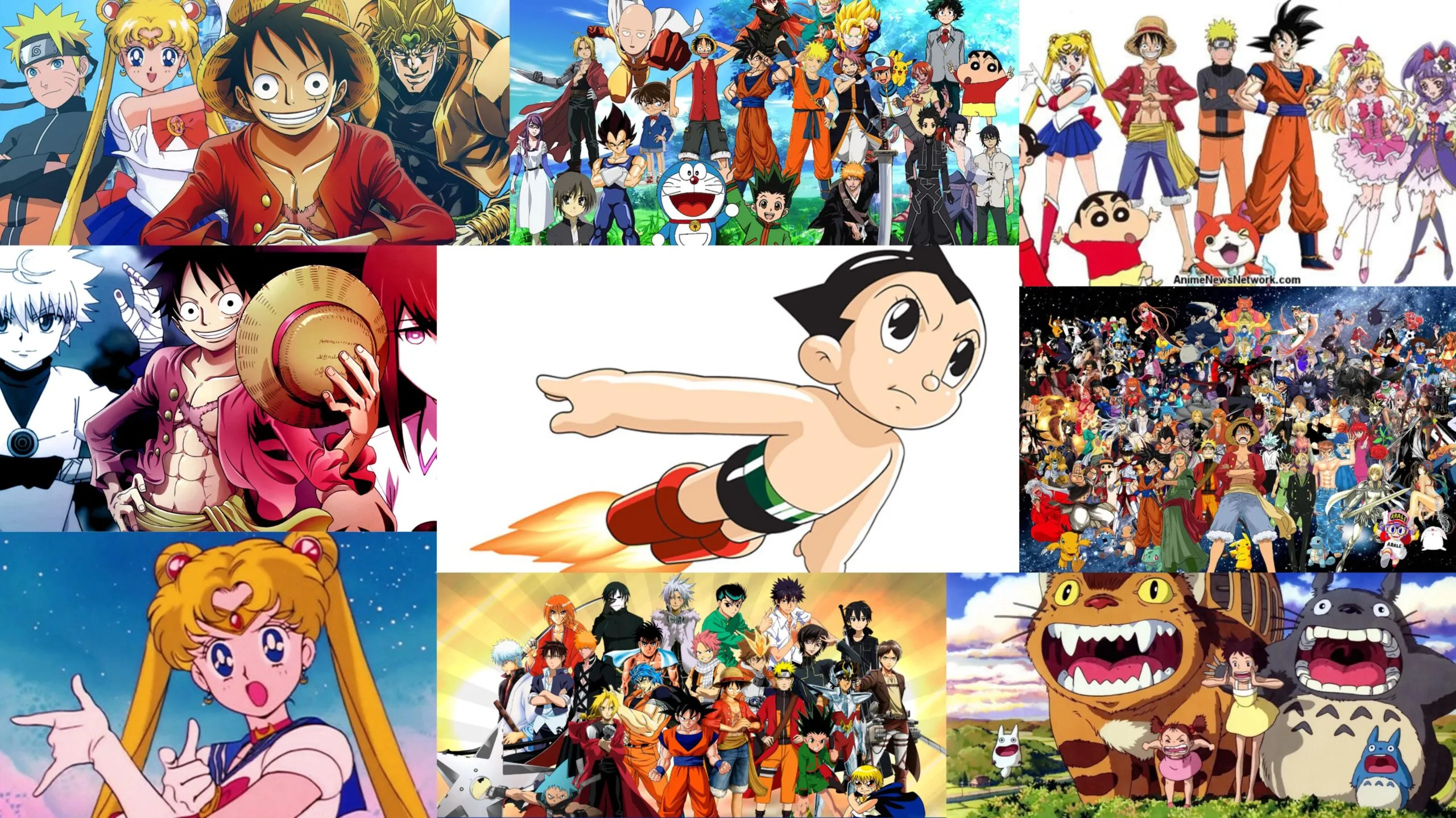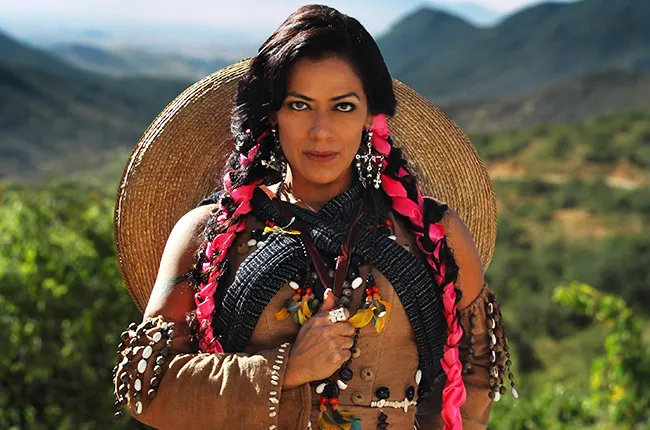goldengaterestaurantphoenix.com – Juan Esteban Aristizábal Vásquez, better known as Juanes, is a Colombian singer-songwriter, record producer, and actor. He has become one of the most influential Latin American artists of his generation, known for his powerful vocals, socially conscious lyrics, and unique blend of rock, pop, and Latin rhythms.
Early Life and Musical Beginnings
Born on August 9, 1972, in Medellín, Colombia, Juanes grew up in a musical family. He began playing guitar at a young age and was influenced by a variety of musical genres, including rock, pop, and traditional Colombian music. In his early years, he was part of several bands, but it was his solo career that would catapult him to international fame.
Rise to International Stardom
Juanes’s breakthrough came with the release of his debut album, “Fíjate Bien” (2000). The album’s blend of rock and Latin rhythms, combined with Juanes’s soulful vocals and socially conscious lyrics, resonated with audiences worldwide. Songs like “Fíjate Bien” and “La Camisa Negra” became instant hits, and Juanes quickly established himself as a leading figure in Latin music.
His subsequent albums, “Un Día Normal” (2002), “Mi Sangre” (2004), and “La Vida… Es Un Ratico” (2007), further solidified his status as a global superstar. These albums featured a diverse range of musical styles, from acoustic ballads to energetic rock anthems, and explored themes of love, loss, social injustice, and hope.
A Voice for Social Change
Juanes has always used his music as a platform to address social issues and promote positive change. He has been a vocal advocate for peace, human rights, and environmental conservation. His song “La Camisa Negra” became an anthem for peace in Colombia, and he has participated in numerous charity concerts and initiatives to raise awareness about important social causes.
In 2008, Juanes founded the Fundación Mi Sangre, a non-profit organization dedicated to improving the lives of vulnerable children and young people in Colombia. The foundation focuses on education, health, and social development, providing opportunities for those in need.
A Global Icon and Philanthropist
Juanes’s impact on Latin music and culture is undeniable. He has won numerous awards, including multiple Grammy Awards and Latin Grammy Awards. His concerts are known for their high-energy performances and passionate crowds.
Beyond his musical achievements, Juanes is a dedicated philanthropist. He has used his platform to raise awareness about social issues and inspire positive change. His foundation, Fundación Mi Sangre, has made a significant difference in the lives of countless children and young people in Colombia.



